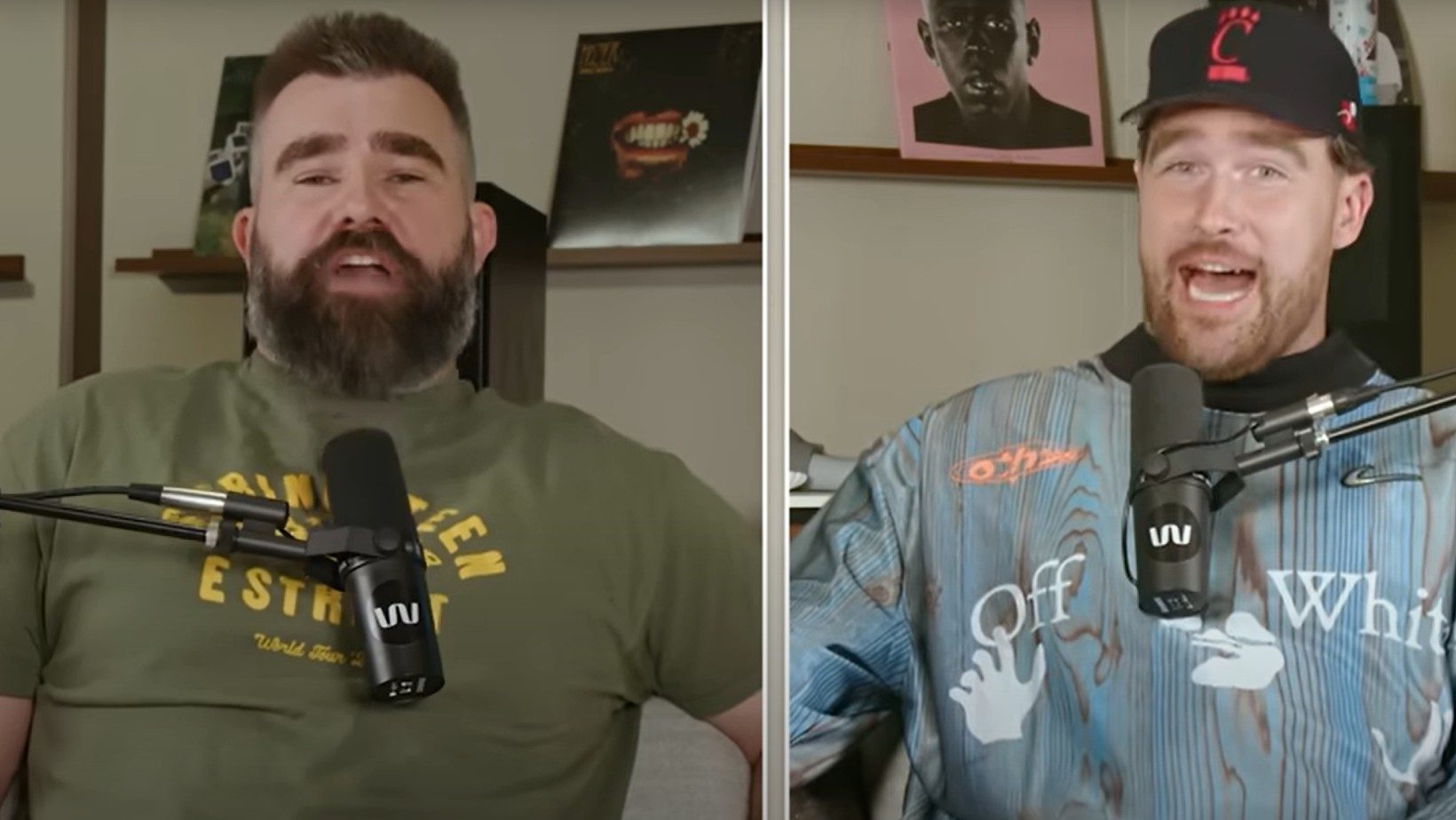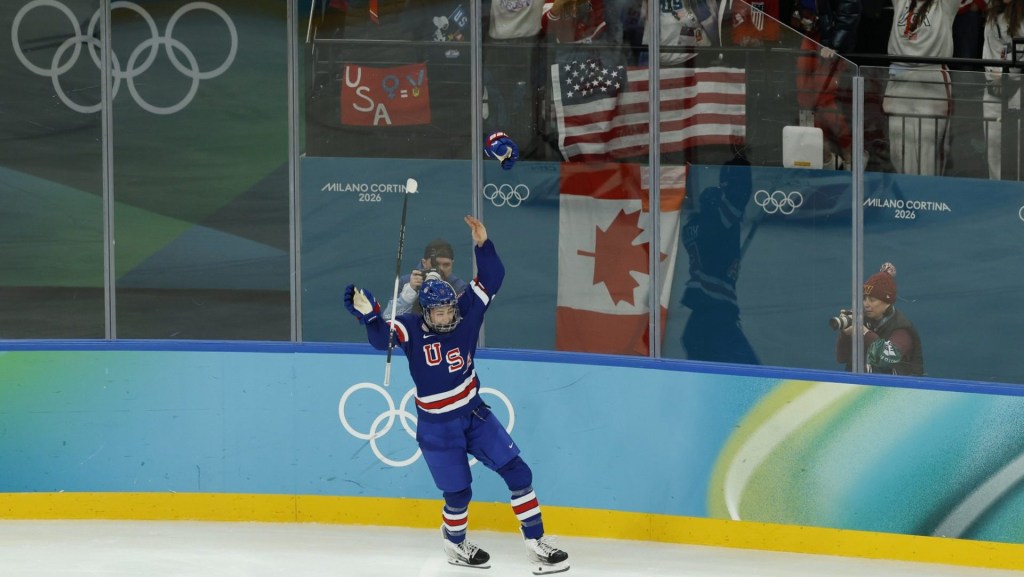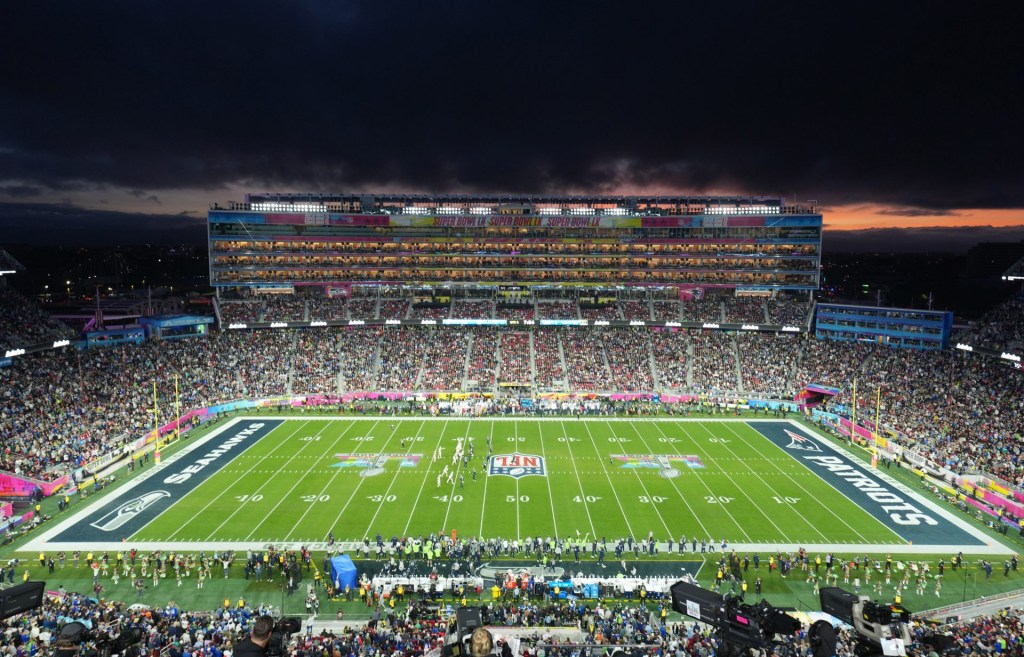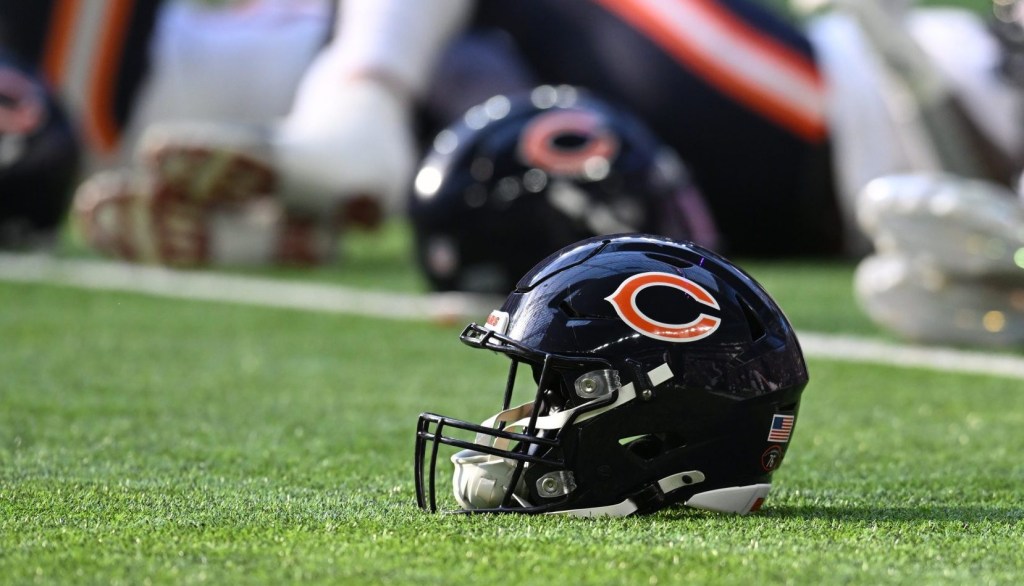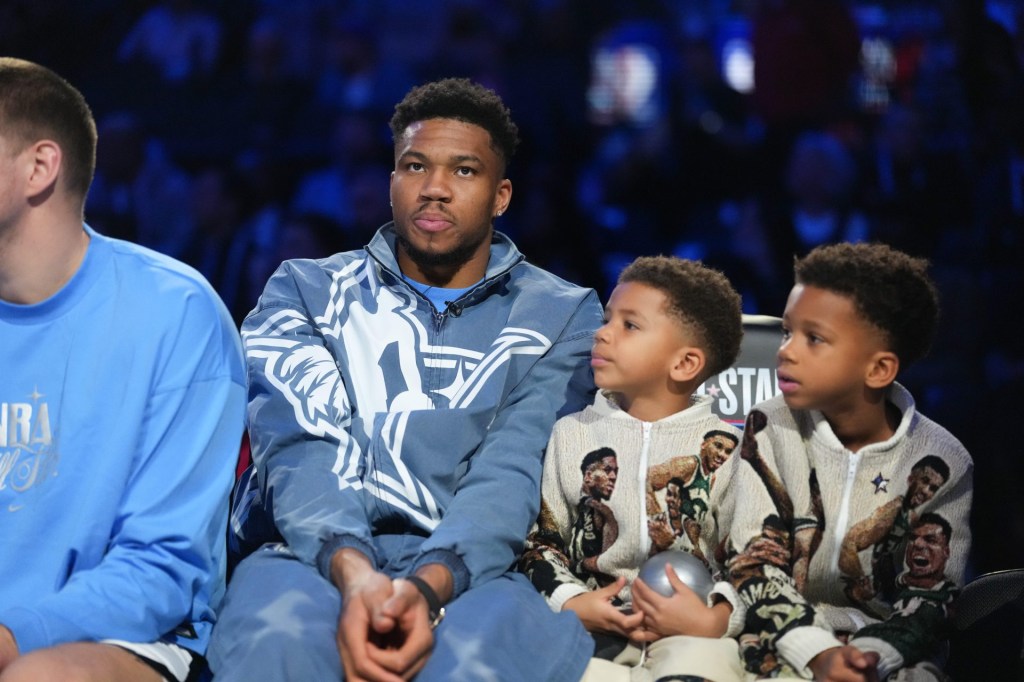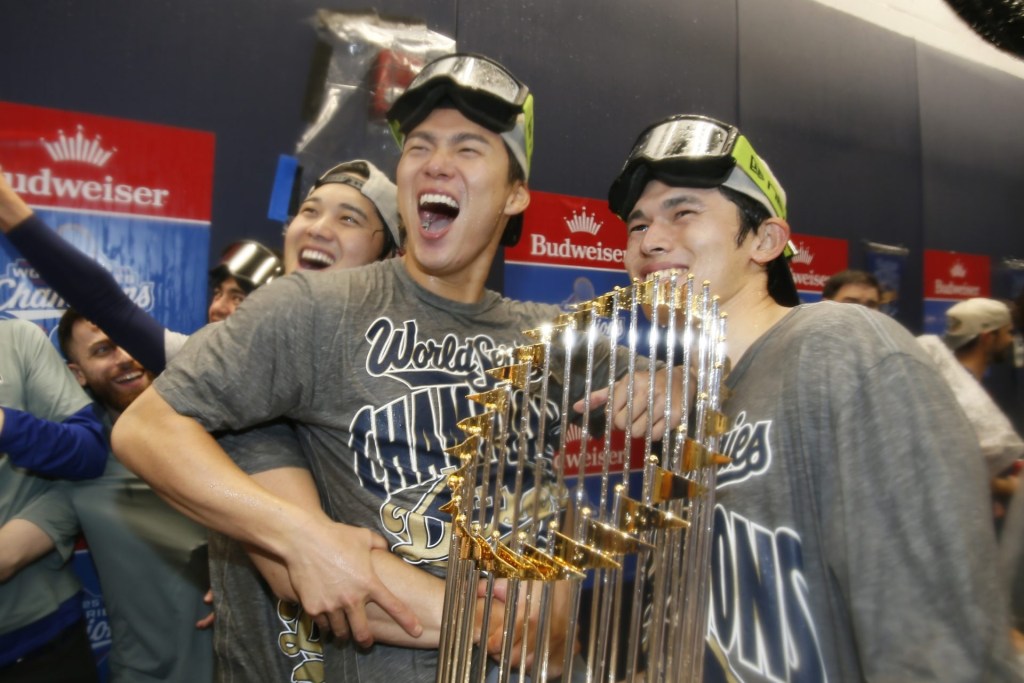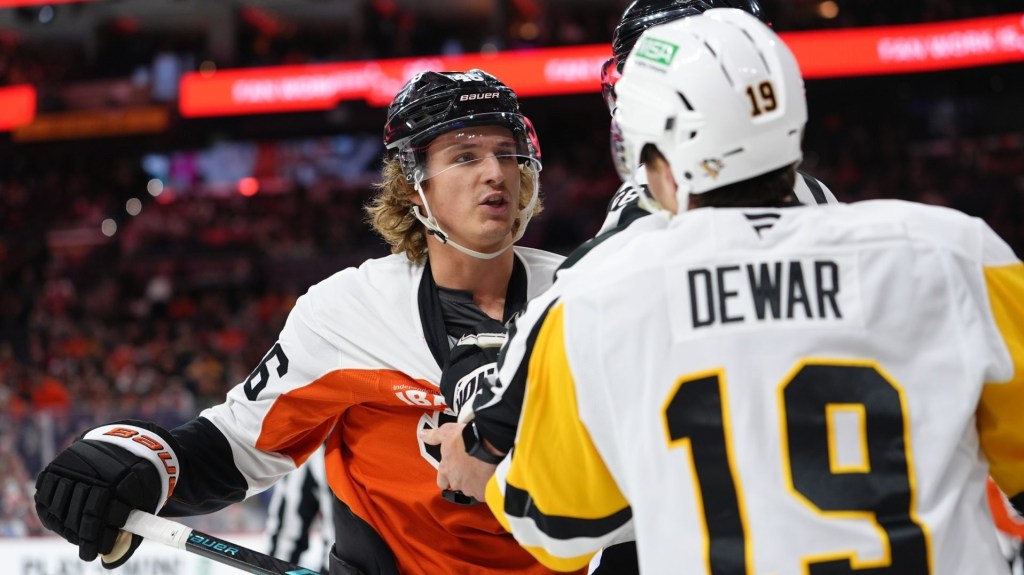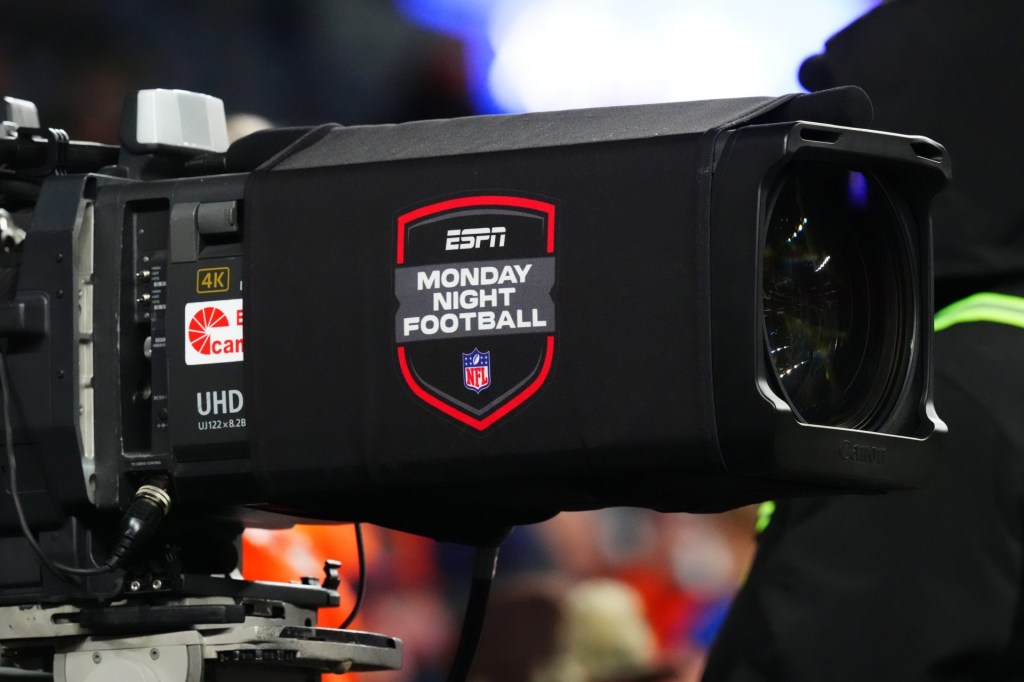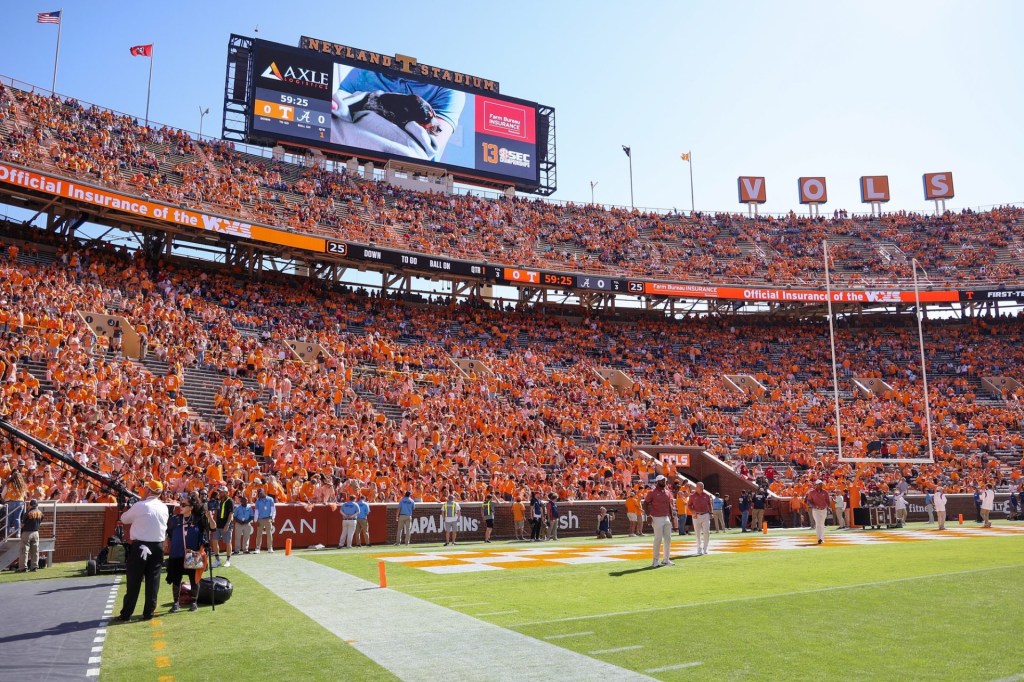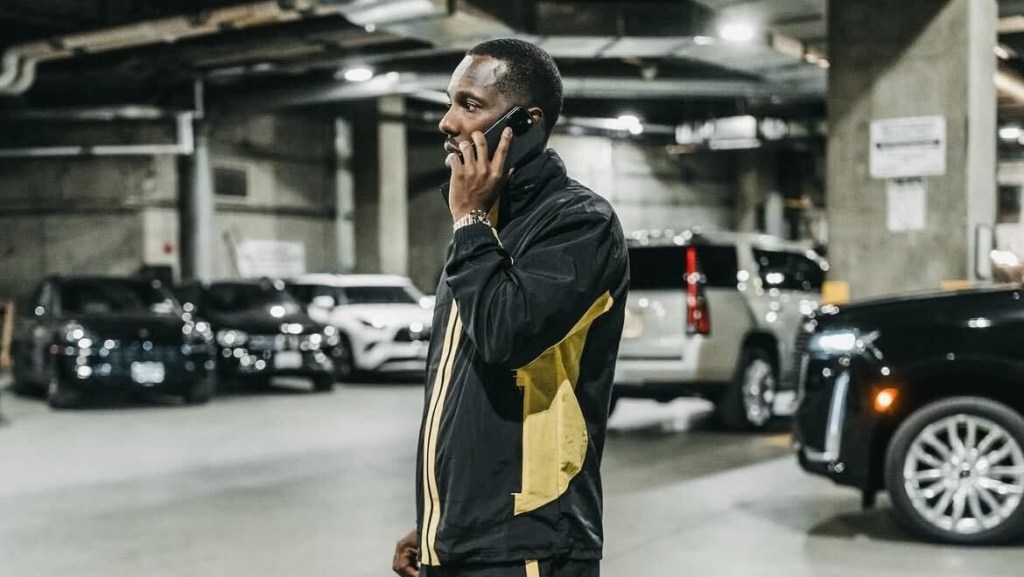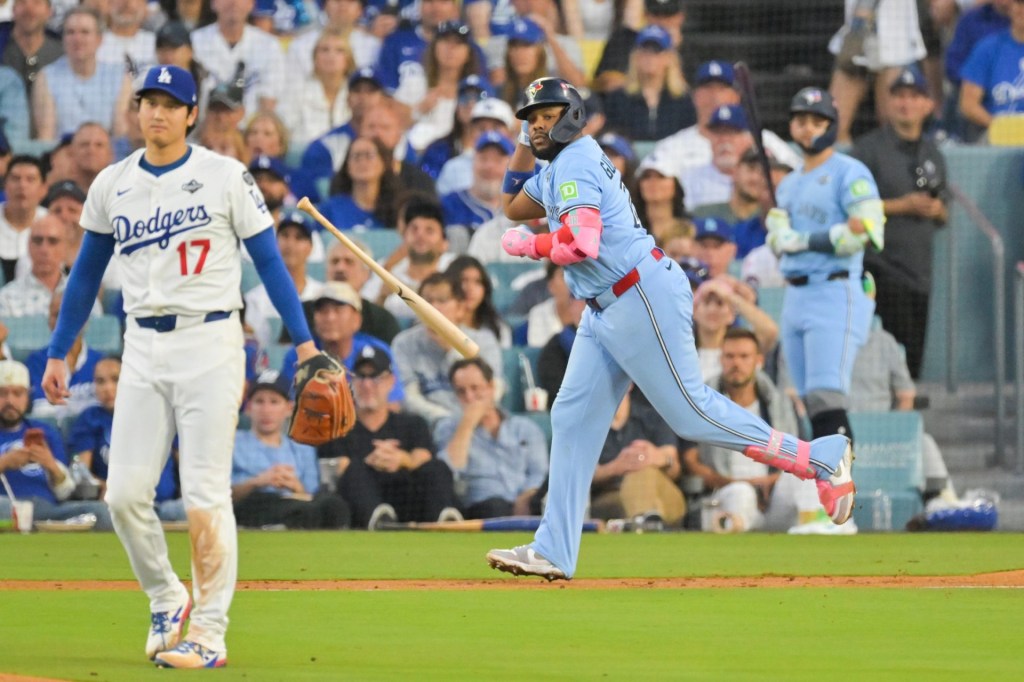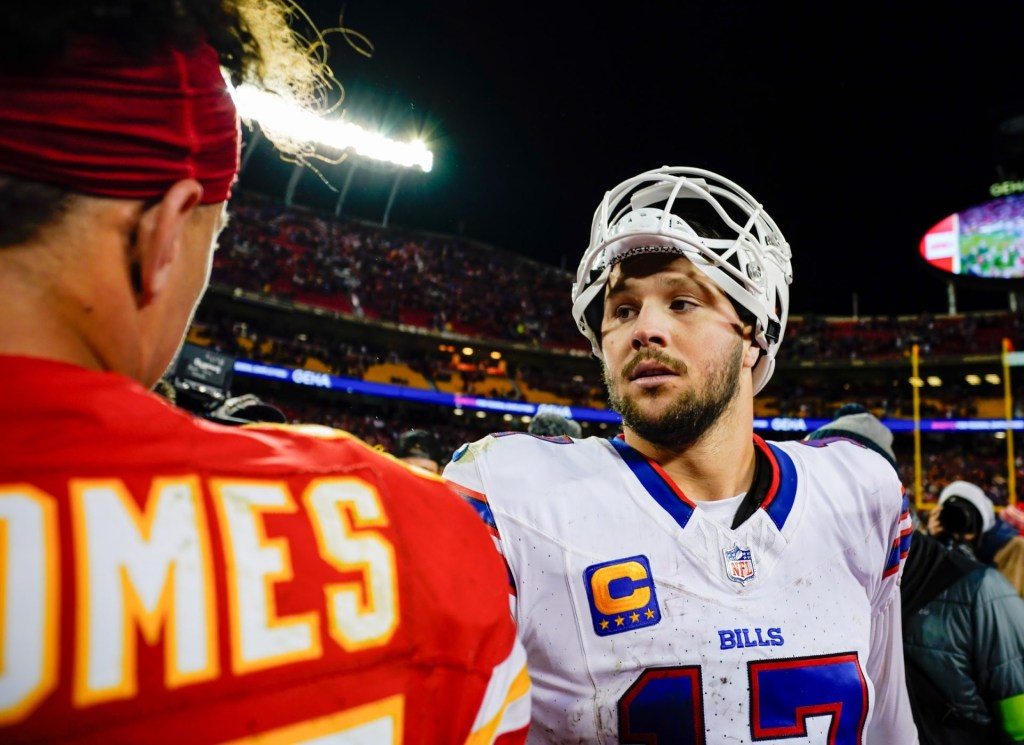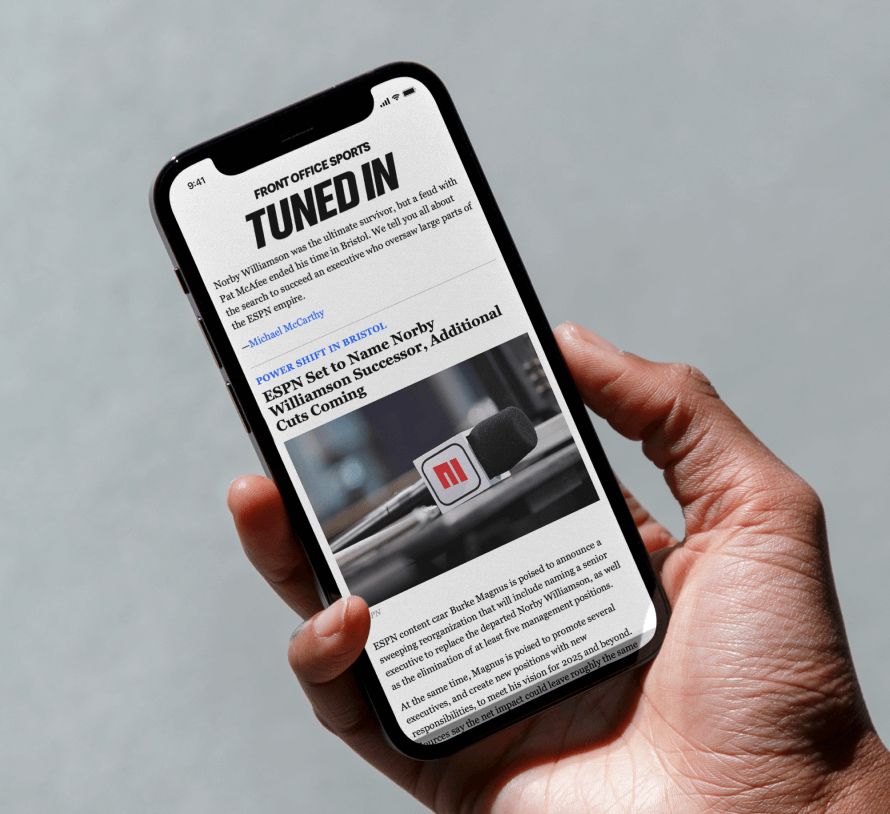By the time you finish reading this story, it’s quite possible there will be another new podcast hosted by a current or former athlete.
In just the past two months, Indiana Fever star Sophie Cunningham started a podcast with reality TV star West Wilson called Show Me Something; Billie Jean King, Abby Wambach, and Julie Foudy started a podcast called Welcome to the Party; former veteran Patriots players Brian Hoyer and David Andrews launched a podcast called The Quick Snap; Venus and Serena Williams launched a podcast called Stockton Street; and Mark Sanchez launched a digital show with Fox Sports called Rearview.
While podcasts and digital shows at the top of the food chain like New Heights with Travis and Jason Kelce, Mind the Game with LeBron James and Steve Nash, and The Pat McAfee Show have had obvious success generating multiplatform engagement and cultural conversation, there are now so many others, in a constant parade of launch announcements, that it’s worth asking just how many the market can bear.
Just last month, Ringer founder Bill Simmons, when asked by The Hollywood Reporter what the most overrated trend in podcasting now is, answered, “the ex-player sports podcast ‘boom.’”
In a separate THR story, Simmons accused top podcasters of “lying publicly about their deals, lying about their podcast numbers and lying about their YouTube subs (by paying for those subs).”
Simmons was not necessarily talking about athlete shows there, but it’s a fair assumption some of them are included in his suspicions. “I can’t believe how many people are dishonest about this stuff,” he said.
Podcasting has come a long way from when it was purely an audio medium in 2007, when Simmons launched The B.S. Report for ESPN. The audio component is still a piece of the puzzle, but for many shows YouTube is now the most significant distribution channel.
In many cases, for many consumers, a podcast is functionally the same as a TV show. Snackable clips on social media platforms like X/Twitter, Instagram, and TikTok are often the goal, with the tacit understanding that few or none of a show’s fans are watching episodes.
The metrics and priorities are not always apples-to-apples comparable across the space. How many social “impressions”—defined differently across social media apps—add up to a sustainable business model if a show isn’t cohesive or interesting enough to get people watching until the end?
One sports media agent, who spoke to FOS under the condition of anonymity because he represents a number of athletes with podcasts, said there has been a modest “slowdown” of money for the format lately that has largely corresponded with the overall industry at large.
Part of this might be attributable to gambling sponsorship money turning from a gusher to merely a firehose. While you still might not be able to get through a commercial break during a live sporting event without seeing an ad for a sportsbook, the American Gaming Association notes that gambling marketing spend has declined by a third since its 2021 peak, as fewer states have newly legalized online sports betting.
There are a number of factors that determine whether athlete podcasts will be financially worthwhile for both sides, such as whether it’s a revenue-sharing agreement or whether the talent needs production support.
Still, even if podcast money shrinks, the same agent doubts the space will “dry up” just yet, because, “some of these companies just want as much scale as humanly possible to take to advertisers, especially in categories like sports—especially the NFL. I don’t think we can get enough of it.”
He said athletes who can make their content “stand out” and be part of the “zeitgeist” will always be in demand. On this front, he recommended outlets that can “platform” an athlete, such as Omaha Productions, The Volume, Wave, or legacy outlets like ESPN, SiriusXM, or iHeart.
Only so many shows can get New Heights money (the Kelce brothers reportedly got more than $100 million for three years from Amazon) or Bussin’ With the Boys money (hosts Taylor Lewan and Will Compton are getting $30 million over three years, according to Dave Portnoy). Other ex-athletes may be willing to take a lot less, but former high-level pro athletes are used to higher earnings—thus they may expect big checks to make the work of a podcast worth their while.
The traditional podcast charts are largely topped by non-athletes. Among the top 10 in the sports category on Apple this week, New Heights was the only show hosted by athletes. The rest was filled out by pods with professional media hosts: Pardon My Take, Bill Simmons, Dan Le Batard, Ryen Russillo, Colin Cowherd, Pablo Torre, and fantasy football content. On Spotify, Joel Klatt and Pat McAfee joined New Heights in the top 10.
Eric Weinberger, president of the Bleav podcast network and formerly an NFL Network executive and CEO of The Ringer, doesn’t agree with the idea that the marketplace for athlete podcasts is oversaturated. Bleav’s roster includes podcasts from David Pollack, Carl Banks, Jeremy Roenick, and Sean Casey.
“There’s always an audience to hear the athlete’s point of view. This goes back to Derek Jeter founding The Players’ Tribune,” Weinberger told FOS.
Weinberger noted some athletes are using podcasts as a training ground to gain broadcasting skills en route to TV careers. “It’s a way to get reps,” he said. “When we started NFL Network, the pitch was, ‘Come here first, and then go to ESPN or Fox.’ Troy Aikman started at NFL Europe. I don’t subscribe to the idea that there’s too many [podcasts].”
He also argued that not everyone with a podcast necessarily aspires to be a chart-topper. “I think it varies whether they’re doing it for money or for relevance,” Weinberger said. “It’s an extension of their social brands. … It’s entertainment; it’s learning how to communicate. Most of these guys retire at young ages, and there’s still a lot of life left, and if their goal is to learn new skills and technology we’re all for it.
“All the TV data that I ever had said fans want to hear from former players.”
